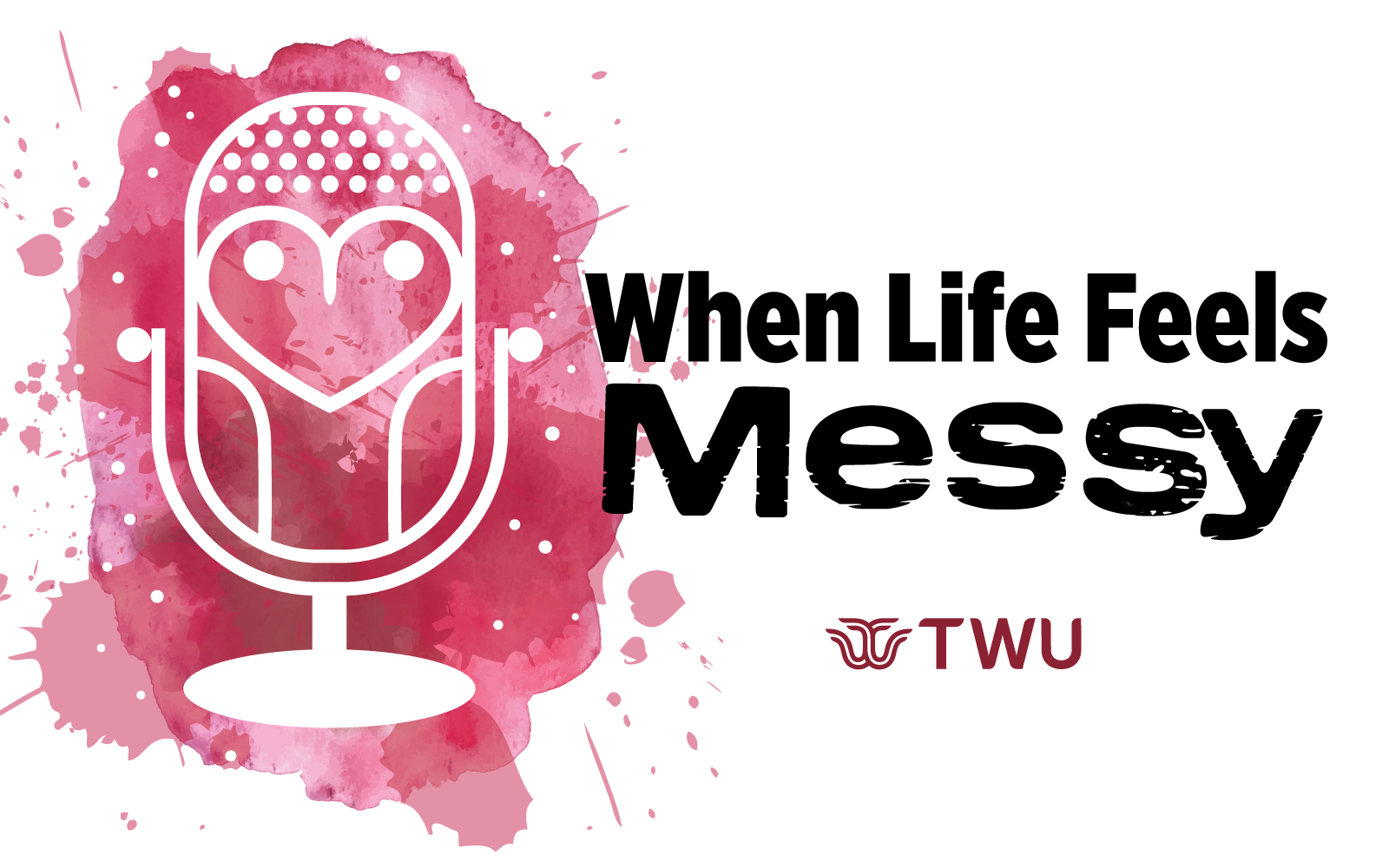This is actually a real strategy called Body Doubling!
So what exactly is Body Doubling, you might ask?
Well, Body Doubling involves working on tasks in the presence of another person, who is
also focused on their own work. This could be a friend, classmate, or even a
virtual partner. The idea is that having someone nearby creates a sense of
accountability and helps you stay motivated and on track. While body doubling has been a
popular tool for individuals with ADHD, it can be helpful for anyone needing a
productivity boost, especially during high-stakes times like finals week.
This strategy works, because at its core, body doubling taps
into co-regulation—the natural human tendency to feel motivated and focused
when someone else is doing the same thing nearby. Here’s how it works:
- Accountability:
- Knowing someone else is present can encourage you to stick to your plan and avoid distractions.
- Reduced Isolation:
- Studying or completing assignments can feel less lonely and more manageable when shared.
- Momentum:
- Seeing someone else working hard can inspire you to do the same.
If this feels like something you would resonate with, here are some ways to practice body doubling effectively:
Find the Right Partner - Your body double doesn’t have to work on the same subject as you—they just need to be focused and productive. Look for a classmate or friend who is also preparing for finals, roommate who can study alongside you, or utilize virtual options
Set Clear Expectations - Before you start, agree on ground rules to maximize focus:
- Time Limit: Decide how long you’ll work (e.g., a 90-minute session).
- Breaks: Plan when to take breaks together (try the Pomodoro technique: 25 minutes of work, 5 minutes of rest).
- Noise Level: Agree to keep the space quiet—use headphones if needed
- In-Person Options: Library study rooms, campus lounges, or quiet coffee shops.
- Virtual Options: Use video calls to recreate the feeling of working alongside someone or pull up YouTube/streaming videos
Use Technology to Stay Connected - Several tools make virtual body doubling easy:
- Focusmate: Pairs you with a study partner for 25–50-minute work sessions.
- StudyStream: A virtual study community where students work together in real-time.
- Zoom or Discord: Create a private call with a friend for your study sessions
- YouTube: pre-filmed videos of people working/completing tasks (see below for links)
- Before the start of the session, set some intentional goals and tasks you plan to complete and work on during this time; remember to keep them realistic and manageable
- Did body doubling help you stay focused?
- What worked well, and what could improve for next time?
- Use this feedback to fine-tune your approach.
- But how does body doubling improve mental health?
Body Doubling can have positive impacts on mental health, especially in a time of higher anxiety and stressors, such as:
- Reduces Stress: Sharing the study experience can make big tasks feel less intimidating and help co-regulate
- Eases Loneliness: Finals season can be isolating, but studying with others fosters a sense of connection and not being the only one going through this stressful time
- Builds Confidence: Seeing progress alongside a partner can motivate you to keep going.
If you're new to body doubling, start small—try one session and see how it feels. Whether you’re tackling essays, reviewing flashcards, or cramming for that final exam, this simple technique can help you stay focused and feel supported. As you prepare for finals, remember: you don’t have to go it alone. Grab a friend, join a virtual study group, or head to your favorite study spot.
You’ve got this—one study session at a time.
Take Care, Pioneers!
-TWU CAPS
Online Body Doubling Resources:
- https://www.youtube.com/watch?v=QKMns6MCaL0
- https://www.youtube.com/watch?v=PJWaZ-XYkQA
- https://www.youtube.com/watch?v=1ex_bNIFR1A
- https://www.youtube.com/watch?v=8EQJPNTQye4


Comments
Post a Comment